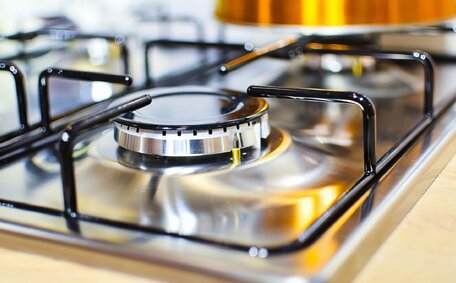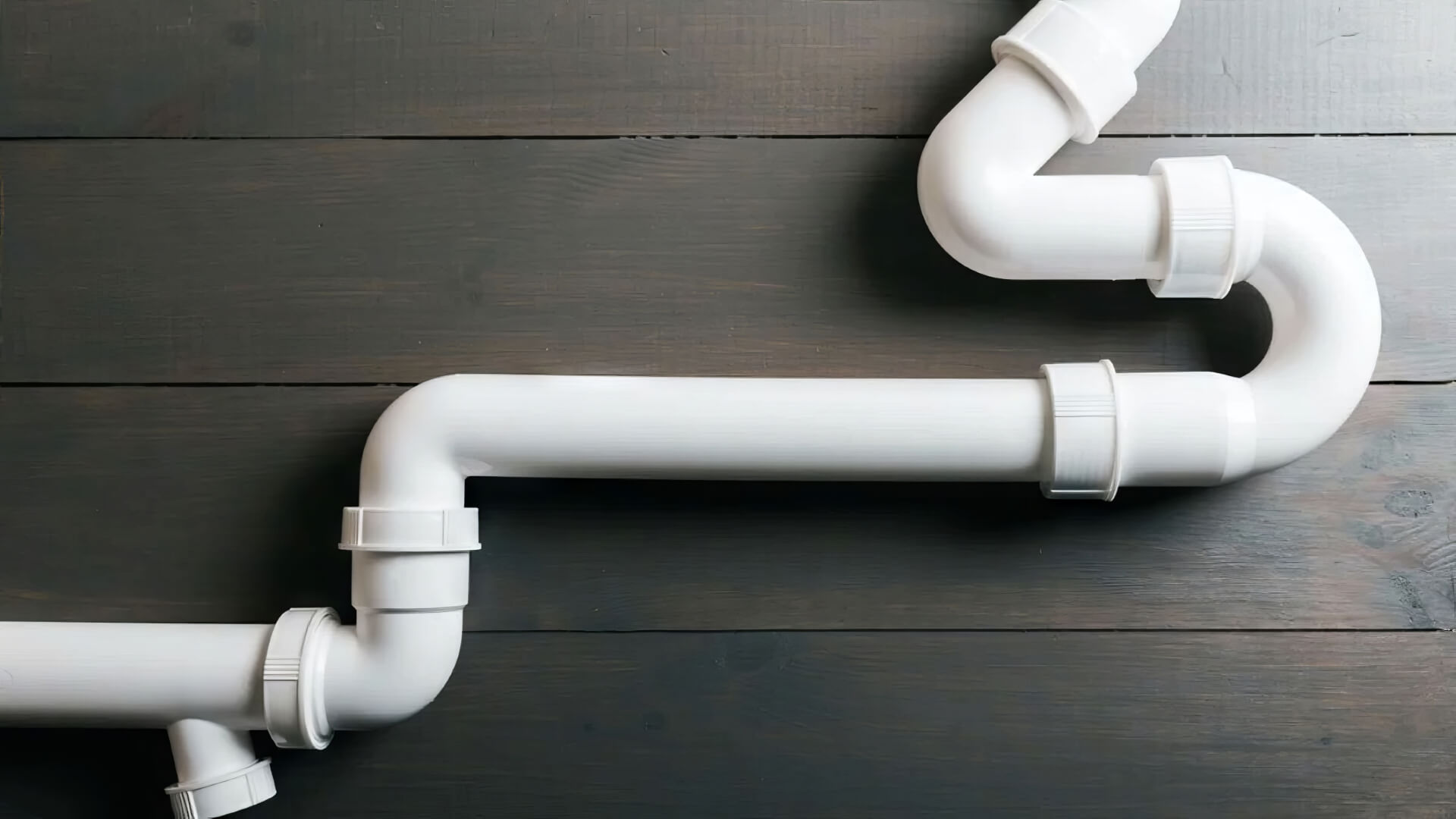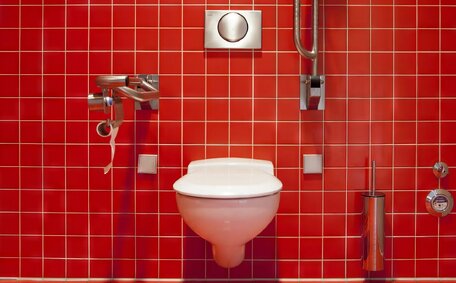Introduction to heat pump hot water systems
Homeowners focused on sustainability are adopting heat pump hot water systems for their eco-friendly water heating solutions. Heat pump systems employ technology to harness heat from the air around us, warming water more efficiently than traditional electric or gas systems, and even solar hot water setups.
Heat pump water heaters typically use one-third to half less electricity than traditional electric storage tank systems. Their efficiency is enhanced by reusing existing heat, which can be bolstered if integrated with a PV system.
Their modern design ensures they operate quietly, fit compactly, and require minimal maintenance, suiting a majority of households.
With the growing demand for sustainable hot water solutions, heat pump systems emerge as the superior choice, offering considerable cost and energy savings over fossil-fuel-dependent methods.
How heat pump hot water systems work
Heat pump hot water systems utilise innovative technology to efficiently heat household water. These systems operate by capturing heat from the surrounding air and channeling it into the stored water.
Distinct from conventional heaters, these systems rely on a CO2 heat pump to convert the naturally occurring thermal energy in the air into heated water. They utilise an internal compressor and refrigerant fluid to absorb and intensify ambient heat, transferring it to the hot water storage tank.
This process of reusing available environmental heat allows heat pump systems to operate using less electricity compared traditional to one-third to half less electricity than standard electric storage units - enhancing their energy efficiency to up to 300% more efficient. The significant energy savings from heat pumps can lead to lower energy bills and a reduction in greenhouse gas emissions.
With government rebates also available in many regions, they present a promising path to eco-friendly hot water, as an alternative to traditional fossil fuel-based water heating methods.
Benefits of heat pump hot water systems
Heat pump hot water systems offer numerous benefits that make them an appealing sustainable solution over conventional water heating methods:
Lower Energy Costs
By understanding how they work their magic, heat pump technology enables these systems to consume one-third to half less electricity to heat water than traditional electric storage tanks. This unmatched efficiency translates to reduced operating costs and considerable savings on household energy bills.
Reduced Carbon Footprint
By using ambient thermal heat rather than directly generating heat, heat pumps have a much lower carbon footprint. Their capability to harness renewable heat from the air helps households significantly reduce their greenhouse gas emissions.
Higher Lifespan
Heat pump systems have fewer moving parts and require less maintenance than older water heating methods. The systems’ durability, often surpassing 20 years, marks them as a sensible investment for the long haul.
Government Rebates
Homeowners installing these systems may be eligible for substantial government rebates and incentives in various regions. This can further offset upfront costs for quicker payback.
Given their sustainability, efficiency and potential for rebates, heat pumps offer homeowners an eco-friendly, cost-saving hot water solution, steering clear of fossil fuels.
Energy and cost savings
One of the biggest perks of installing a hot water heater with heat pump technology is the exceptional energy and cost savings you can achieve. These systems provide comparable hot water performance to traditional units but can use up to 80% less energy.
Such efficiency arises from their high coefficient of performance (COP). Heat pump systems frequently achieve COP levels between 2.5 to 5.0, which is significantly higher than the 1.0 COP of traditional electric units, thus converting ambient heat into usable energy more effectively.
An average household transitioning from a gas system to a heat pump could see energy bill reductions surpassing $300 annually. Over a 15-20 year lifespan, you stand to save thousands in heating costs.
Learn more about our energy savings calculator to estimate your potential savings based on your hot water system size, estimated usage, tariff rates in your area, and more tailored inputs. We can also assess your existing setup and provide accurate savings forecasts.
With exceptional efficiency driving substantial cost reductions year after year, Energyefficient hot water pump systems offer a sustainable path to slashing your energy bills and environmental impact over the long run.
Environmental benefits
Heat pump hot water systems offer significant environmental benefits compared to conventional electric gas, or solar water heating methods. Heat pump systems achieve a remarkably low carbon footprint by utilizing technology that harnesses renewable energy like wind and solar.
Research indicates that carefully chosen heat pump systems can aid in achieving net-zero targets by cutting greenhouse gas emissions by 60-80% compared to traditional electric storage tanks. As Since they predominantly recycle ambient heat instead of producing it directly, they substantially reduce a home’s carbon emissions from water heating.
The efficiency of heat pumps also qualifies them as a small-scale renewable technology under numerous renewable energy schemes. Rebates are sometimes offered in certain regions to encourage the adoption of sustainable hot water solutions.
Heat pumps are a compelling choice for those looking to reduce carbon emissions while ensuring a consistent supply of hot water. Their superior efficiency with renewable sources helps households diminish their environmental impact whilst saving costs.
Installation and maintenance considerations
When installing a heat pump hot water system, there are a few key aspects to consider when ensuring homeowners make the best choice:
Location
Given that heat pumps depend on harvesting heat from the air, optimal performance is achieved in areas with good ventilation and flow. Indoor, outdoor, and split system options are available. Outdoor units will have higher efficiency but may need weatherproofing.
Climate Compatibility
Heat pump systems operate efficiently in most climates, but performance may decrease in extremely cold conditions. While most models operate effectively in temperatures as low as 5°C, additional heating may be necessary in severe cold weather.
Existing Plumbing Infrastructure
Heat pumps require adequate water pressure and plumbing sized for the heating capacity. Integrating with existing supply lines is usually straightforward but an assessment of pipework may be needed beforehand.
Sizing And Capacity
Selecting a heat pump hot water system with the appropriate heating capacity for your home is essential to avoid energy wastage. We dedicate ourselves to comprehensively assess your needs to tailor our professional recommendations for your household.
Maintenance
Heat pump systems generally need minimal upkeep aside from the periodic cleaning of air filters and inspection of condenser coils. It’s also crucial to address hard water to maximise system efficiency and longevity. Overall maintenance is less intensive than traditional water heating methods.
Consulting qualified plumbers on these key considerations allows for optimal installation and performance of your new sustainable heat pump hot water system.
Maintenance requirements
For optimal operation and extended service life of a heat pump system, regular maintenance every 6 to 12 months is advised. This routine servicing helps sustain efficiency, prevent issues before they arise, and extend the operational lifespan.
Air Filter Cleaning
Indoor and split model heat pumps use the air flow over the evaporator coils to extract heat from the surrounding environment. Over time, air filters can become restricted with dust and particles - hampering performance. Every 6 months, check and clean or replace filters as needed.
Condenser Coil Cleaning
Outdoor condenser coils in heat pump systems can also accumulate dirt and debris which reduces their heat transfer capabilities. Gently flush coils with water to maintain cleanliness, taking care not to damage delicate fins.
Scale Control
Hard water can leave calcium and mineral deposits on internal heat exchangers over years of use. To control scale buildup, your water softeners or anti-scale devices should be installed. Descaling may also be required periodically.
System Checks
During maintenance, check refrigerant levels, inspect valves and pipework for leaks, ensure unobstructed airflow, and confirm correct water pressure and temperature. This helps identify any underlying issues.
Upgrades And Improvements
For increased hot water demand, consider upgrading to larger heat pump units, adding buffer tanks, or incorporating solar thermal panels.
Despite their low-maintenance nature, routine servicing is key to maintaining efficiency and maximising long-term savings from your heat pump investment.
Government rebates and incentives
Installing an energy efficient heat pump hot water system may qualify you for generous government rebates and incentives in Australia. These incentives lower the initial costs of switching to a more sustainable water heating solution.
The main savings come through Small-scale Technology Certificates (STCs), which can reduce the purchase price substantially, being awarded based on the greenhouse gas emissions avoided by using a heat pump system. With heat pumps using much less electricity, they earn a substantial amount of STCs over their lifetime.
The number of certificates, or STCs, earned can reduce the purchase price by $500-$1000 in many cases. We can assess your existing setup and provide a detailed breakdown of the incentives you may be eligible for in your circumstance.
On top of STC savings, some state and local governments also offer rebates when heat pump hot water units are installed. Be sure to also check for any additional rewards available for switching to an eco-friendly system.
With the potential for thousands in long term savings, the incentives make buying heat pumps an even more appealing investment for households looking to save money while reducing their environmental impact.
Case studies demonstrating real-world impact
Real-world benefits of heat pump hot water systems are evidenced by case studies from Campbelltown households transitioning from traditional electric units:
The Smith Household
This 4-person household was spending over $1000 yearly on electric hot water heating. After installing a solar hot water system paired with a heat pump, they now save $700+ per year on bills while reducing carbon emissions by 3 tonnes.
Campbelltown Business Park
Switching their commercial-grade electric hot water system to an industrial heat pump unit integrated with solar power saved this office park $2500 in annual costs. Lower emissions also helped them achieve sustainability certification.
These case studies from Campbelltown affirm the financial and energy use benefits of heat pump hot water systems for Australian homeowners and businesses.
Conclusion
As households and businesses aim to reduce environmental impact, heat pump hot water systems stand out as a promising eco-friendly solution. Leveraging heat pump technology enables exceptional efficiency - using one-third to half less electricity than conventional electric units. This equates to lower energy bills and greenhouse gas emissions.
Modern heat pump water heaters are compact, durable, and require little maintenance. Combined with government rebates, their long-term savings present homeowners an affordable path to sustainable living. Local case studies here in Campbelltown demonstrate over $700 in annual savings achievable.
Contact us to enhance your hot water system with a free quote or to book an appointment with our heat pump certified plumbers.
With innovative efficiency driving substantial financial and environmental benefits, heat pump hot water systems enable households to cost-effectively embrace more eco-conscious and sustainable lifestyles.






